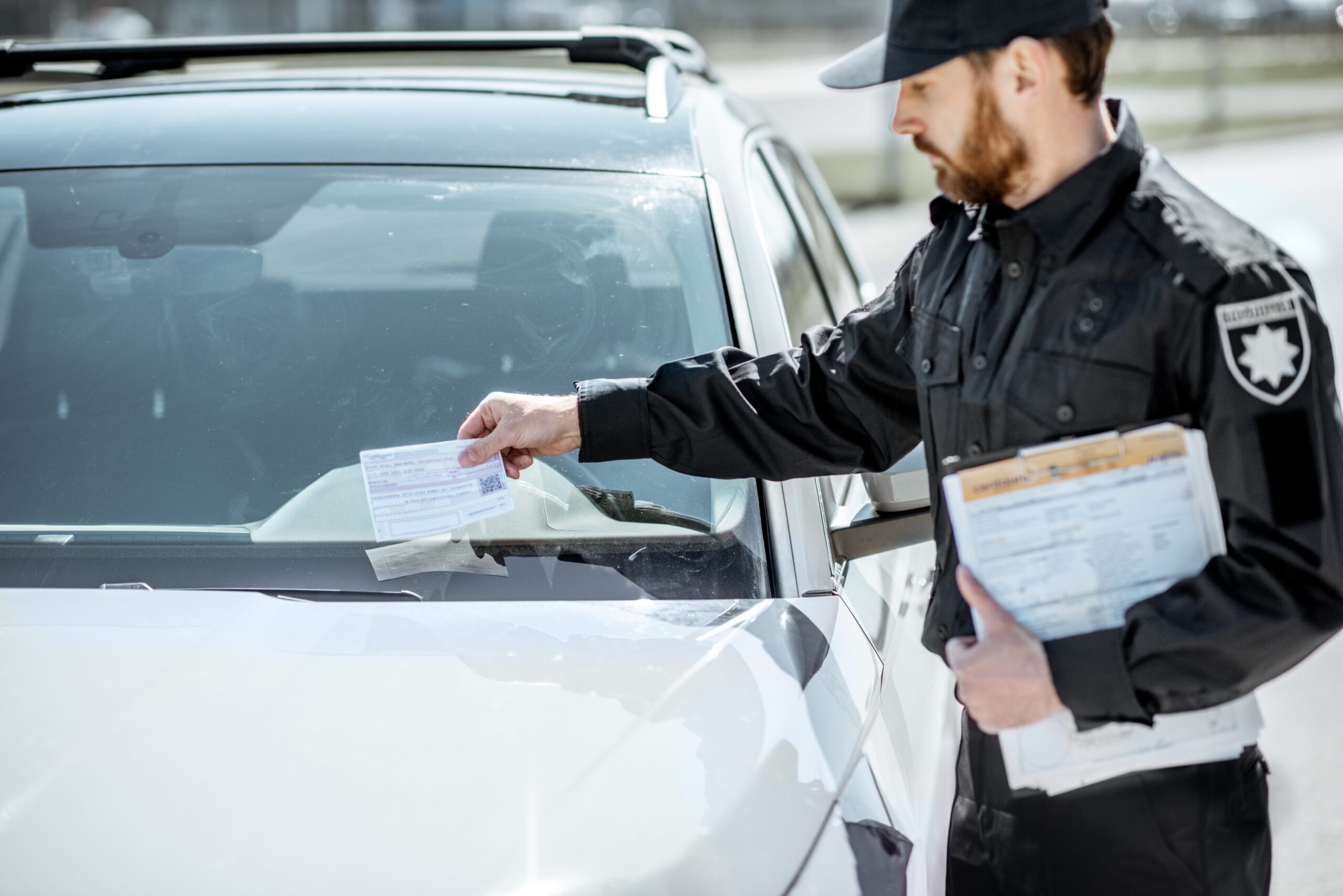Out-of-State Driver? What to Do If You Get a Speeding Ticket in Kansas City – Guest Post

Getting a speeding ticket is frustrating enough in your home state. But receiving one while driving through Kansas City as an out-of-state visitor adds layers of confusion and inconvenience. Many drivers make the mistake of simply paying the fine and moving on, not realizing the potential consequences this can have back home.
Interstate Consequences Are Real
The biggest mistake out-of-state drivers make is assuming they can ignore a speeding ticket once they cross state lines, explains Chris Mova, a personal injury attorney who frequently deals with traffic violation cases involving injuries derived from accidents. “Thanks to the Interstate Driver’s License Compact, most states share violation information, meaning that ticket will follow you home.”
Missouri is a member of this interstate compact, as are most states (with exceptions including Michigan, Wisconsin, Georgia, Massachusetts, and Tennessee). This means your home state will likely receive notification of any moving violation you receive in Kansas City.
Understanding Missouri’s Point System
Missouri uses a point system for traffic violations, and these points can potentially transfer to your home state’s driving record. A standard speeding ticket in Kansas City typically results in 3 points on your driving record, with higher speeds resulting in more points.
Your home state may handle these points differently:
- Some states will add the equivalent points to your record
- Others may treat the violation according to their own laws
- A few states might not add points but will still record the violation
Even if your state handles points differently, insurance companies often have access to nationwide violation databases, potentially resulting in premium increases regardless of how your state processes the Missouri violation.
Your Options When Ticketed
As an out-of-state driver ticketed in Kansas City, you have several options:
- Pay the fine – The easiest but potentially most costly option long-term. This constitutes an admission of guilt and will result in points on your record.
- Return to fight it – You can contest the ticket in person, but this requires returning to Kansas City for your court date, which is rarely practical for out-of-state drivers.
- Hire local representation – A Kansas City traffic attorney can represent you without you needing to return to Missouri. This is often the most efficient solution for out-of-state drivers.
- Request mitigation – In some cases, you may be able to request a reduction in the charge or penalties without contesting the ticket entirely.
The Advantage of Local Representation
According to Mova, local attorneys understand the Kansas City court system and often have established relationships with prosecutors. “They can often negotiate outcomes that aren’t available to drivers attempting to handle tickets on their own, especially from out of state.”
A local attorney can potentially:
- Appear in court on your behalf
- Negotiate for reduced charges
- Arrange for alternative dispositions like defensive driving courses
- In some cases, get the ticket dismissed entirely
Timing Matters
Missouri has specific deadlines for responding to traffic citations. Your ticket will indicate the deadline for response, typically 30 days from issuance. Missing this deadline can result in additional penalties and potentially a suspension of driving privileges in Missouri, which could affect your home state license as well.
The Bottom Line for Out-of-State Drivers
A Kansas City speeding ticket might seem like a minor inconvenience when you’re passing through, but the consequences can follow you across state lines and impact your driving record and insurance rates for years.
Taking prompt action, understanding the interstate implications, and considering local legal representation can save you significant money and hassle in the long run. Don’t let a momentary lapse in attention during your Kansas City visit result in years of increased insurance premiums back home.
